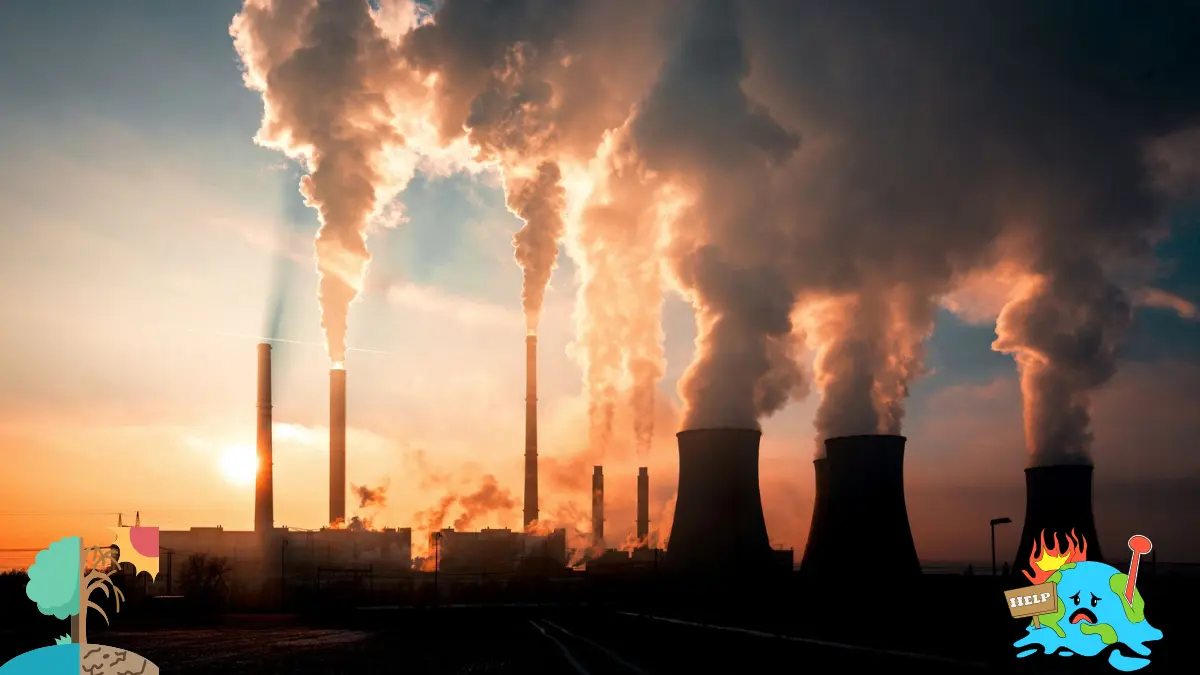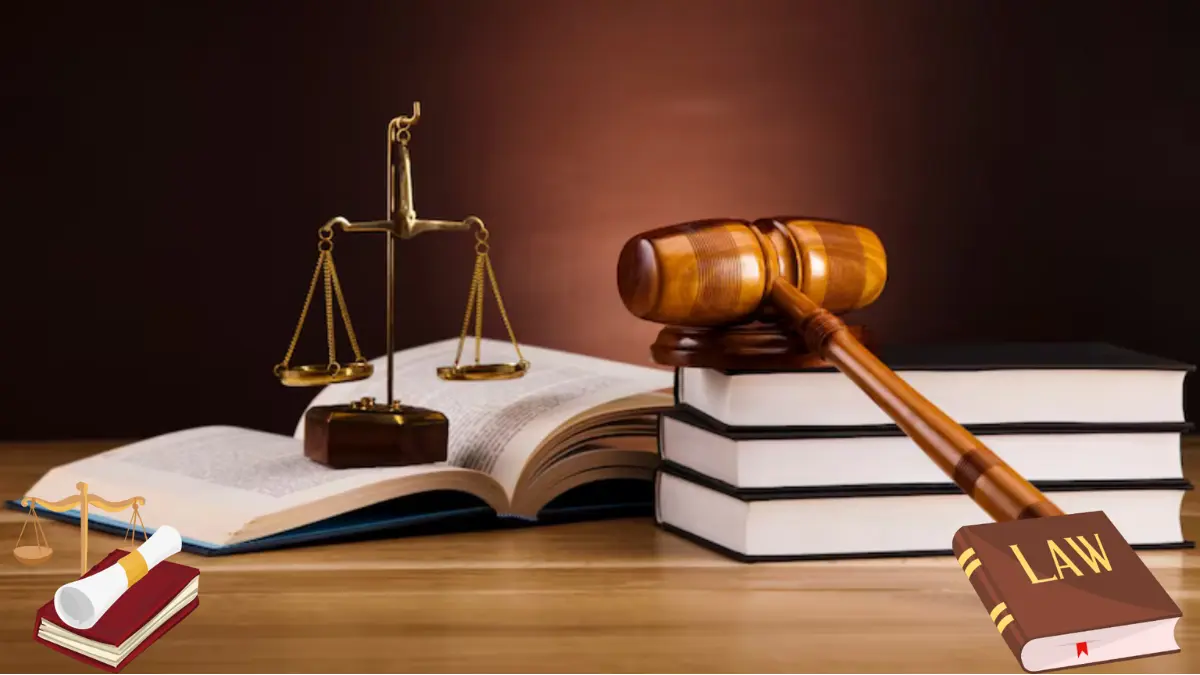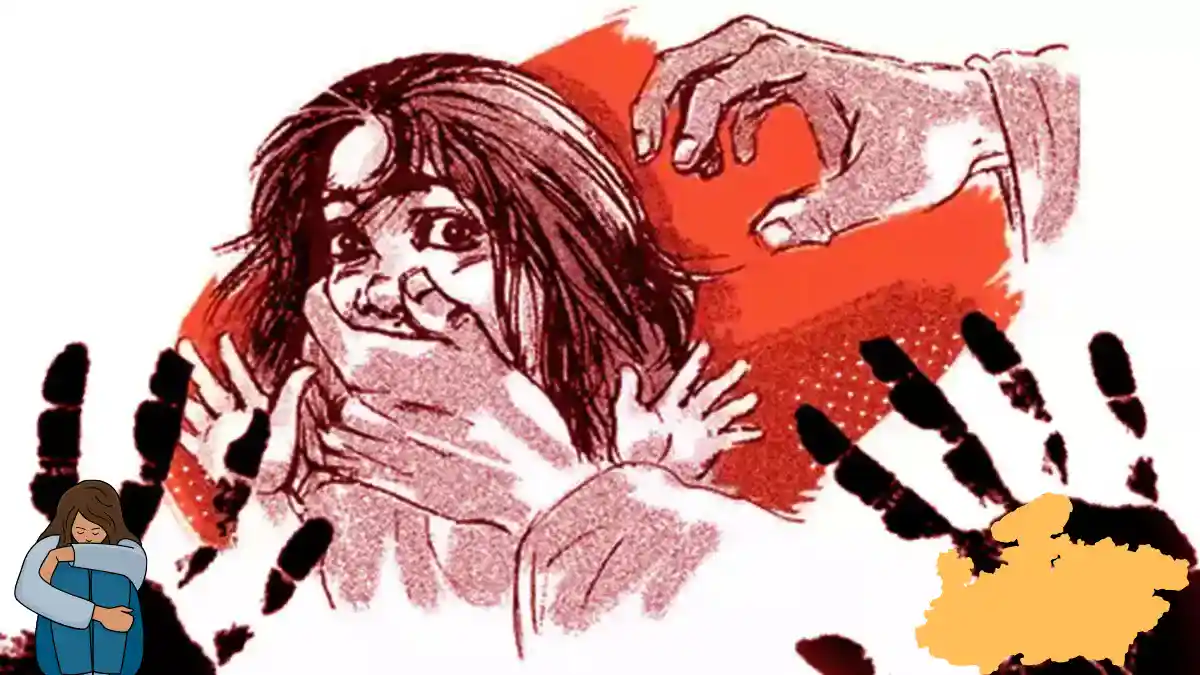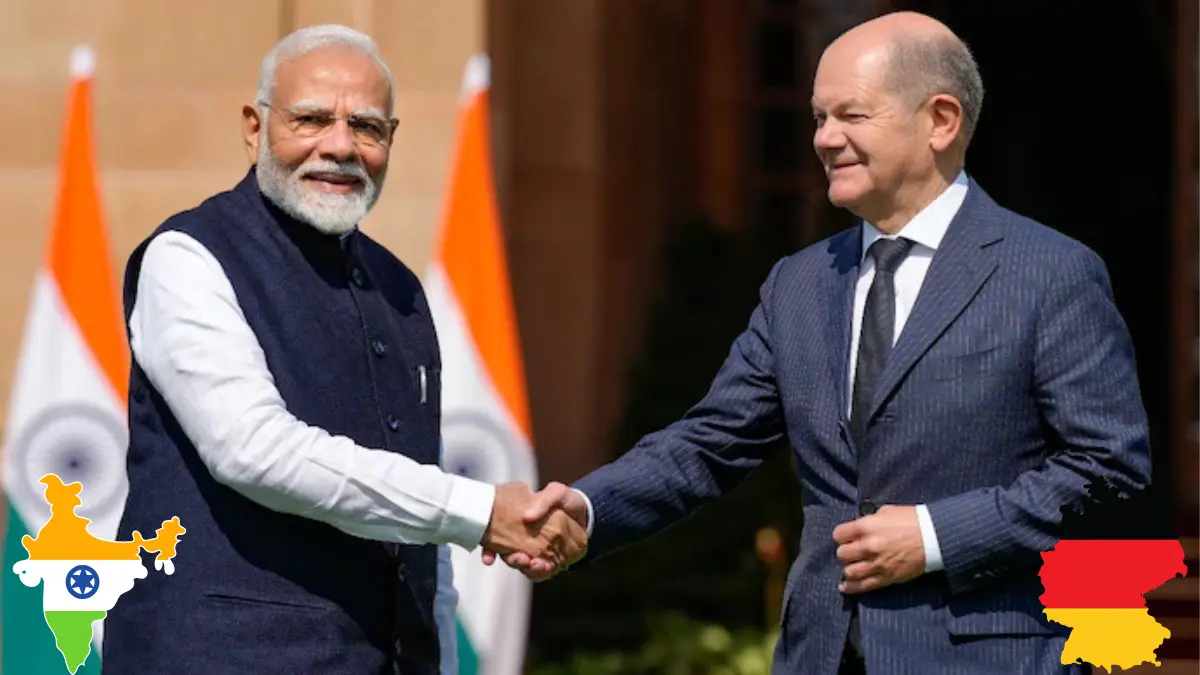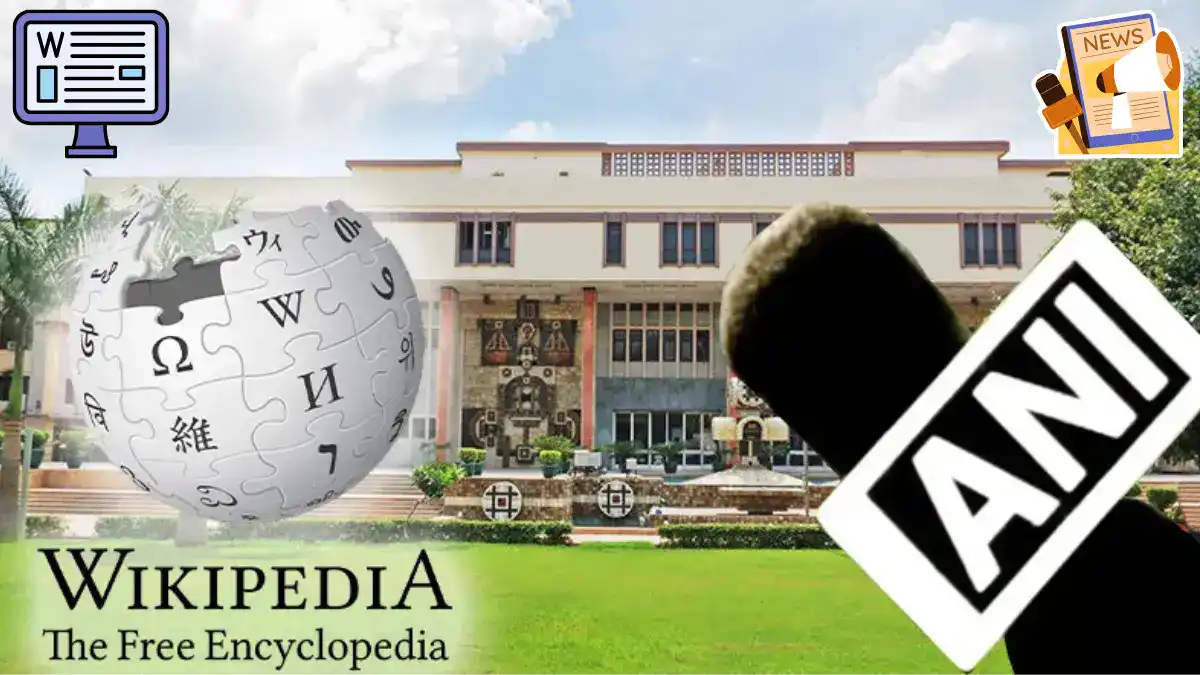
The Delhi High Court recently called Wikipedia’s open editing feature “dangerous” after a lawsuit was filed by the Indian news agency ANI. The suit claims that Wikipedia had incorrect information about the agency, raising concerns about how easily anyone can edit content on the platform. What led to this statement, and what does it mean for Wikipedia and its users? Let’s dive into the details.
ANI Files Lawsuit Against Wikipedia Over Alleged Misrepresentation
ANI, a major Indian news agency, filed a lawsuit against Wikipedia, stating that its page contained inaccurate information. According to ANI, the information posted on Wikipedia misrepresented facts about the agency, causing harm to its reputation. In response to this lawsuit, ANI has asked for the information to be corrected and for Wikipedia to be more cautious about the content that appears on its platform.
The Delhi High Court reviewed the case and agreed that open editing could lead to misinformation. This is because anyone, even without verified expertise, can edit most Wikipedia pages, which makes it easy for incorrect information to spread.
Why the High Court Called Wikipedia’s Editing Feature “Dangerous”
The Delhi High Court expressed concerns over Wikipedia’s editing feature, which allows users worldwide to make changes to content on the platform. The court stated that this openness, while useful for sharing knowledge, could be “dangerous” if it leads to misrepresentations, especially for organizations or people in the public eye.
For ANI, the worry is that these inaccuracies could impact how the public views the agency, potentially harming its credibility. The High Court pointed out that since Wikipedia is widely used and often trusted, it has a responsibility to ensure the accuracy of its content, especially when it involves people or groups who may be affected by false information.
How Wikipedia’s Open Editing System Works
Wikipedia is one of the largest online encyclopedias and is well-known for allowing anyone to contribute by editing its pages. This system is meant to keep Wikipedia updated and encourage people to share their knowledge. However, since anyone can edit, sometimes unverified or incorrect information can make its way onto the site.
Wikipedia relies on volunteers to monitor and edit pages, but with millions of entries, it’s hard to track every change instantly. Because of this, incorrect information can appear and stay on pages until it’s noticed and corrected. The Delhi High Court’s comments highlight how this can be a serious issue, especially for people or organizations that may be affected by false information.
The Impact on Wikipedia’s Reputation and Public Trust
The High Court’s statement has raised questions about whether Wikipedia should change its editing policy. For years, Wikipedia has operated with a “crowdsourced” model, where users around the world collaborate to create and update content. While this model has helped make Wikipedia a vast source of information, cases like ANI’s show its potential risks.
If people lose trust in Wikipedia because of cases like this, it could affect how many people use the platform as a reliable information source. As more people become aware of this issue, there is a growing debate about whether Wikipedia should introduce more strict rules for editing, especially for pages related to notable individuals and organizations.
Possible Changes Ahead for Wikipedia
Following the High Court’s comments, Wikipedia may face increased pressure to review its editing policies to prevent similar issues. Some people suggest that Wikipedia could make certain pages editable only by verified users or have stricter checks in place for high-profile pages.
For ANI and others affected by incorrect information, changes like these could offer more protection from misrepresentation. At the same time, any major changes to Wikipedia’s editing system would need careful planning to keep the platform open and accessible.
What’s Next in This Case?
As the case moves forward, the High Court may ask Wikipedia to respond or recommend changes to improve accuracy. The court’s concerns have already brought attention to the limitations of open editing and could lead to a shift in how Wikipedia handles edits on sensitive topics.
For now, Wikipedia remains a popular source for information, but this case serves as a reminder of its limitations. As the situation develops, Wikipedia and its users may see some adjustments that balance openness with accuracy to maintain public trust.
